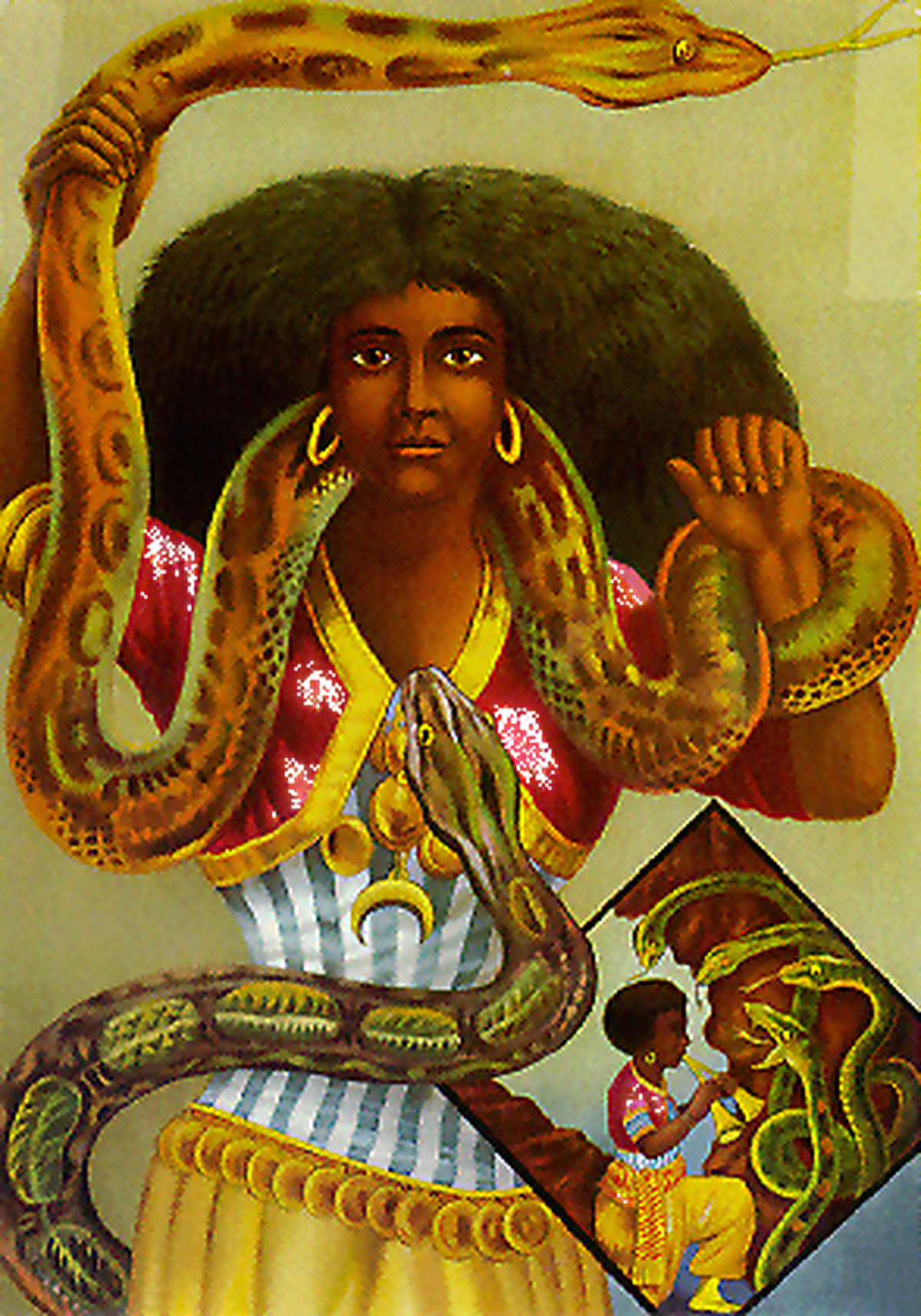Feminine deities and goddesses have long been central to the spiritual tapestry of the African Diaspora. Deities and goddesses offer pathways to love, wealth, health, and cultural exchange. Beyond their associations with love and prosperity, these entities represent the spiritual essence of Black ancestry. Many African societies recognize spiritual possession, wherein divine presences influence worshippers’ consciousness and behavior, reflecting a profound connection to the divine.
Raising awareness of these goddesses can foster a reconnection with Black heritage and spiritual identity. Entities like Oshun, Yemaya and Mami Wata hold profound significance across diverse cultures and regions, symbolizing aspects of fertility, motherhood and the power of water.
OSHUN revered as the river Orisha, originates from the Yoruba tradition of Southwestern Nigeria. Associated with purity, sensuality, and fertility, she is sought after by women desiring to conceive.
YEMAYA, known as the goddess of the Sea, embodies motherhood, fertility, and female empowerment. Revered across various cultures, she serves as a protector of children and a symbol of feminine strength.
MAMI WATA, often depicted as a mermaid or snake charmer, is believed to influence sailors’ journeys, ensuring safe passage through troubled waters. Her reverence extends across maritime communities, where offerings are made to seek her favor and protection.
Despite their historical cultural significance, the recognition and worship of black feminine goddesses faces challenges in modern society. Patriarchal norms and capitalist influences often distort their significance, reducing them to objects of exploitation or commercialization. For instance, Mami Wata’s historical association with prosperity led to her portrayal as a “capitalistic” deity, as highlighted by the Smithsonian National Museum of African Art.
Reverence for feminine deities can offer not only a glimpse into our historical heritage but also a pathway to cultural enrichment and self-discovery today and forever. By acknowledging and celebrating black feminine entities, we honor our ancestral roots and affirm our spiritual connection to our higher selves. Increased public interest in modern society can stimulate further research and education, facilitating a deeper cultural exchange within the black community and beyond. As we as individuals continue to explore and embrace these spiritual traditions across the African diaspora, we forge stronger bonds with our past and pave the way for a more enlightened future and deeper connections with our black communities across the world.
